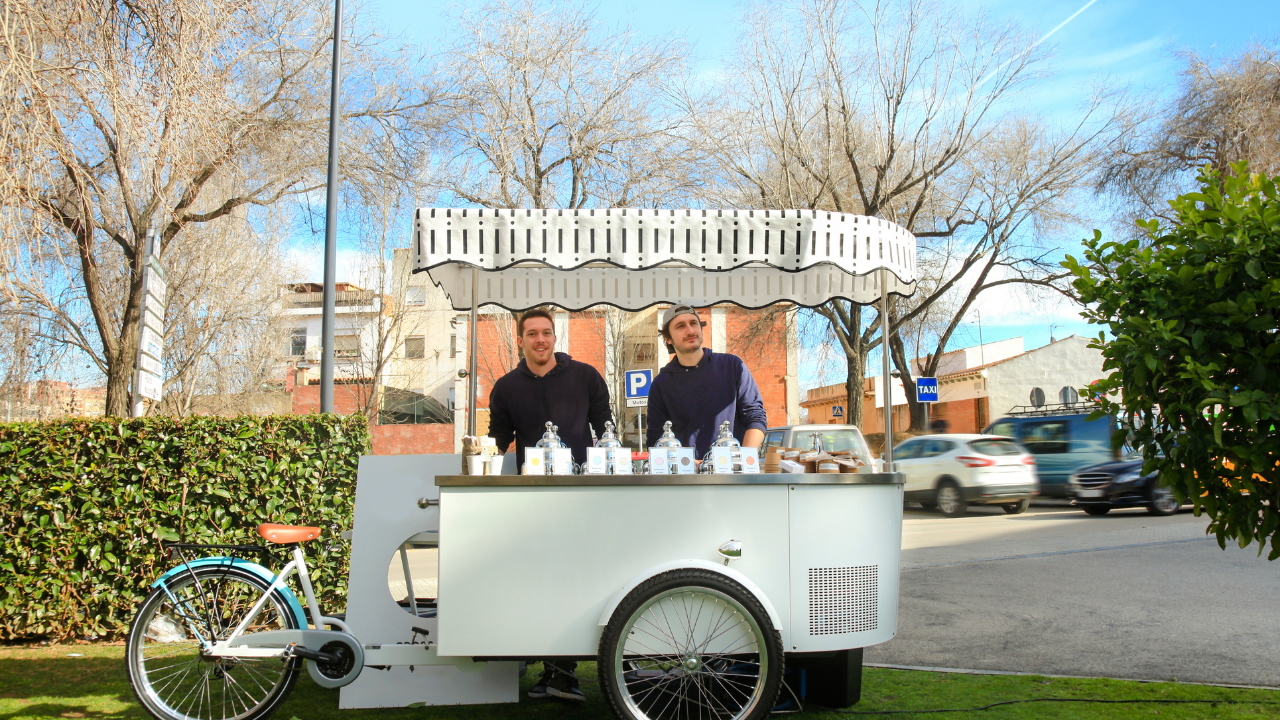
Beyond the Coffee Cart: Rethinking “Life Skills” in Special Education
Jun 05, 2025In schools across the country, there’s a familiar scene that plays out. A student with a disability pushes a coffee cart through the hallways, serving drinks to teachers and staff. These programs are often described as “life skills” instruction, designed to help students prepare for adulthood and employment.
But we need to ask an important question:
Life skills for what life?
The Problem with the Coffee Cart Model
While these programs are often well-intentioned, they fall short in several important ways:
-
They are not inclusive. Most coffee cart programs operate outside general education settings, limiting peer interaction and reinforcing segregation.
-
They do not generalize. Pouring coffee in a school hallway is not a transferable job skill. The tasks and setting often do not reflect real-world experiences.
-
They reduce access to curriculum. Students are frequently pulled from standards-based classes, missing core instruction and opportunities to learn alongside their peers.
Perhaps most concerning, these programs are often designed around adult convenience rather than student learning. They do not require co-teaching, interdisciplinary planning, or inclusive systems change. They are easier for adults, but not better for students.
If our goal is to prepare students for life after high school, we must do more than offer feel-good programs that fall short. Life skills should be embedded within academic content, not provided as a separate track. They should reflect dignity, relevance, and the belief that every student can and should be included.
What It Could Look Like Instead: A Story of Real Inclusion
Let me paint you a picture.
Imagine a 10th-grade classroom where students are buzzing with ideas. Not because they’re pouring coffee in the hallway, but because they’ve just been given a real challenge: build a business that solves a real problem in your community.
The class includes students with and without disabilities. One student, Marcus, has IEP goals focused on communication and self-advocacy. Another student, Lila, is a strong writer who experiences anxiety in group settings. The general education teacher co-plans with a special education teacher to ensure every student is supported and included.
The business idea starts with a conversation about food allergies. One student shares that their sibling has trouble finding safe snacks at school. This seems to resonate with multiple students in the class. The group decides to create a pop-up snack stand with clearly labeled, allergy-friendly options.
In economics class, students learn about startup costs, pricing, and marketing. Marcus uses a visual calculator and peer support to help with the budget. Lila creates the team’s slide deck. They develop a business plan, calculate their break-even point, and pitch their idea to a mock investor panel.
In history and ethnic studies, the group explores the history of Black Wall Street, redlining, and historical, systemic barriers to entrepreneurship. One student shares that her family was denied a small business loan last year. The group decides to donate part of their profits to a local mutual aid organization. The work becomes more than academic. It becomes personal.
In English and journalism, students write about their business journey. They interview each other, draft press releases, and prepare a feature story for the school newspaper. Marcus writes about how this project gave him confidence to speak publicly. Lila pens a blog post on the intersection of advocacy and access. Their stories are published and shared across campus.
By the end of the unit, students have met standards in three core subjects. They’ve built collaboration, financial literacy, writing, research, and leadership skills. And they’ve done it together, in an inclusive, academically rich environment with accommodations and support embedded.
No one was pulled out. No one was given a simplified version. Every student participated in something meaningful, rigorous, and empowering.
A Broader Conversation
As I reflected on these issues, I revisited the work of Tim Villegas and Dr. Paula Kluth, two thought leaders who have pushed the field to examine whether our systems are built around true inclusion or adult convenience.
Their work reminds us that inclusion is not a one-time activity or a special project. It is a daily practice, rooted in access to instruction, relationships, and opportunity.
Coffee carts are easy. Real inclusion takes effort. But if we say we are preparing students for life, we must be willing to change the environment, not just adjust the expectations placed on students.
Separate Is Not Equal
We can do better.
Life skills should not be reduced to repetitive tasks in the hallway. They should be rigorous, meaningful, and connected to students’ interests and futures.
Students with disabilities deserve real instruction, not modified participation. They deserve real inclusion, not isolation disguised as a program. They deserve dignity, access, and the belief that they belong.
Pouring coffee is not a plan for the future. It is a task, not a trajectory.
It is time to move beyond the coffee cart.
Want to Go Deeper?
📽️ Watch my reel on this topic! click here to check it out!
🔗 Explore more from Tim Villegas and Dr. Paula Kluth
📣 Share this blog with someone who is ready to raise the bar
